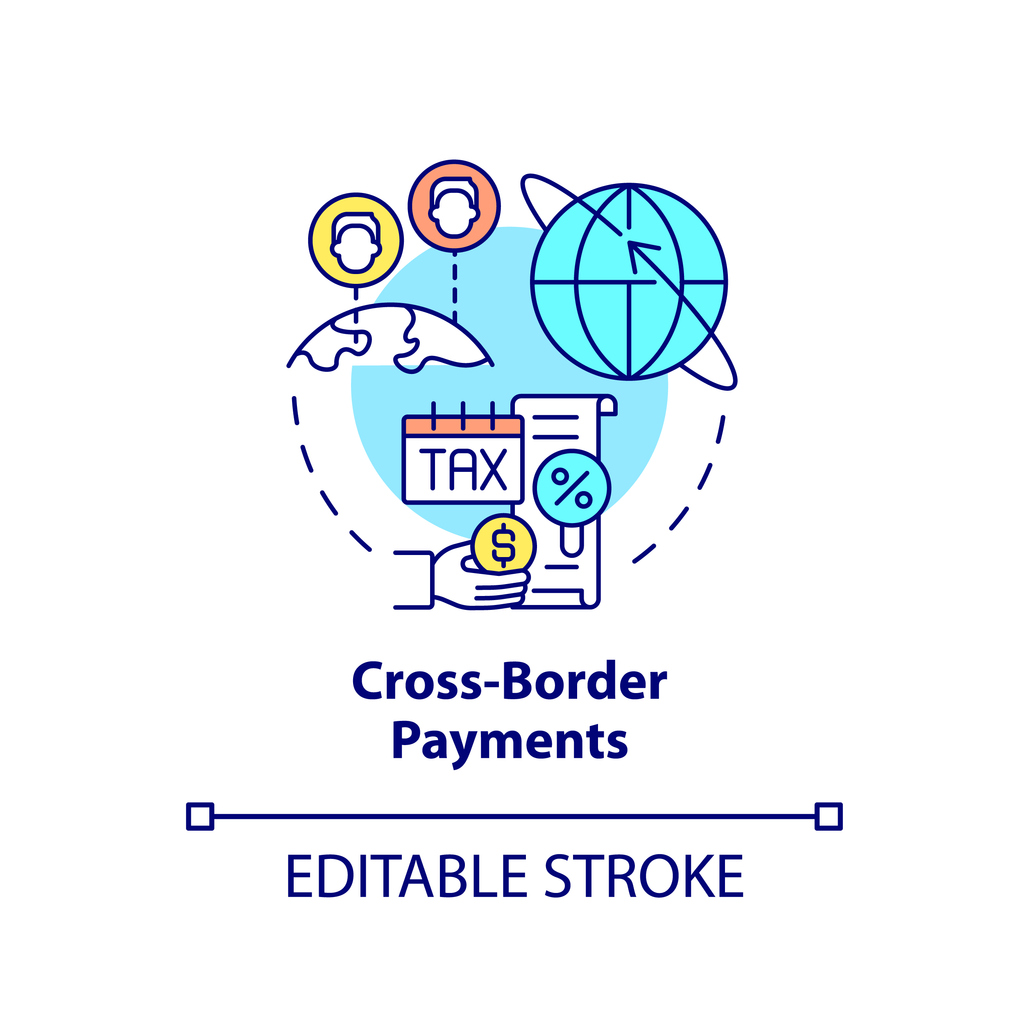How to Partner with Local Businesses in Nigeria: A Guide to Building Strong Collaborations
Partnering with local businesses in Nigeria can be a strategic move to enter and thrive in one of Africa’s largest markets. With a population of over 200 million and a diverse economy, partnerships allow businesses to leverage local expertise, networks, and resources, reducing market entry risks and increasing success potential.
This guide outlines how to effectively partner with local businesses in Nigeria.
Why Partner with Local Businesses in Nigeria?
- Local Market Knowledge: Partners understand cultural nuances, consumer behavior, and business norms.
- Regulatory Navigation: Local businesses can help you comply with Nigerian laws and obtain necessary permits.
- Cost Efficiency: Reduce operational costs by sharing resources like infrastructure, logistics, or manpower.
- Network Access: Tap into established customer bases, suppliers, and distribution networks.
- Brand Credibility: Association with trusted local brands builds consumer trust.
Steps to Partner with Local Businesses in Nigeria
1. Identify the Right Partners
Finding the right business to partner with is crucial. Look for:
- Complementary Skills: Choose businesses that complement your offerings (e.g., a logistics firm for an e-commerce platform).
- Reputation: Verify the partner’s credibility and reputation in their industry.
- Shared Goals: Ensure alignment on business values, goals, and growth expectations.
How to Find Partners:
- Attend industry trade fairs and networking events in Nigeria.
- Use business directories like SMEDAN (Small and Medium Enterprises Development Agency of Nigeria).
- Leverage social media platforms (LinkedIn, Instagram) to connect with businesses.
2. Conduct Thorough Research
Before approaching a business for partnership:
- Analyze their track record and financial stability.
- Study their business model to understand how they operate.
- Identify potential synergies and areas for collaboration.
3. Establish Clear Objectives
Define the purpose of the partnership. Common objectives include:
- Expanding market reach.
- Enhancing product offerings.
- Improving logistics or supply chain efficiency.
Outline what each party will contribute, whether it’s financial investment, expertise, infrastructure, or market access.
4. Draft a Partnership Agreement
A well-documented partnership agreement ensures clarity and prevents disputes. Include:
- Roles and Responsibilities: Define each partner’s contributions.
- Revenue Sharing: Clearly outline how profits or losses will be divided.
- Duration and Exit Plan: Specify the partnership’s duration and terms for termination.
- Dispute Resolution: Include mechanisms for handling disagreements.
Engage legal experts familiar with Nigerian business laws to draft and review the agreement.
5. Build Trust and Communication
Building trust is essential for a successful partnership. Establish:
- Regular Communication: Schedule meetings to discuss progress and address concerns.
- Transparency: Share financial reports, performance metrics, and key updates.
- Cultural Sensitivity: Respect local customs and values in business dealings.
6. Leverage Local Insights
Use your partner’s local expertise to adapt your business strategy:
- Product Customization: Modify products or services to suit Nigerian preferences.
- Pricing Strategies: Align pricing with local purchasing power.
- Marketing Campaigns: Leverage your partner’s knowledge of popular channels and trends.
7. Monitor and Evaluate the Partnership
Regularly assess the partnership’s performance against predefined goals. Key metrics include:
- Revenue growth.
- Customer acquisition rates.
- Cost savings or efficiency improvements.
Use these evaluations to optimize collaboration and address challenges.
Industries Ripe for Partnerships in Nigeria
- Agriculture: Collaborate with local farmers or processing companies.
- Technology: Partner with Nigerian fintech or software development firms.
- Logistics: Work with local couriers or freight companies to enhance supply chains.
- Retail and E-commerce: Collaborate with local distributors or marketplaces.
- Healthcare: Partner with pharmacies, clinics, or health tech startups.
Challenges in Partnering with Nigerian Businesses
- Regulatory Hurdles: Ensure compliance with local laws and permits.
- Cultural Differences: Navigate variations in business practices and communication styles.
- Trust Issues: Build strong relationships to overcome potential skepticism.
Pro Tip: Conduct due diligence and start with smaller collaborations to establish trust.
Why Wigmore Trading?
Wigmore Trading is your trusted partner for navigating the Nigerian market. We specialize in:
- Connecting businesses with reliable local partners.
- Offering market insights and entry strategies.
- Providing import/export logistics and supply chain support.
Whether you’re seeking distribution partners, suppliers, or service providers, we’ll help you find the right fit for your business.








Comments are closed.